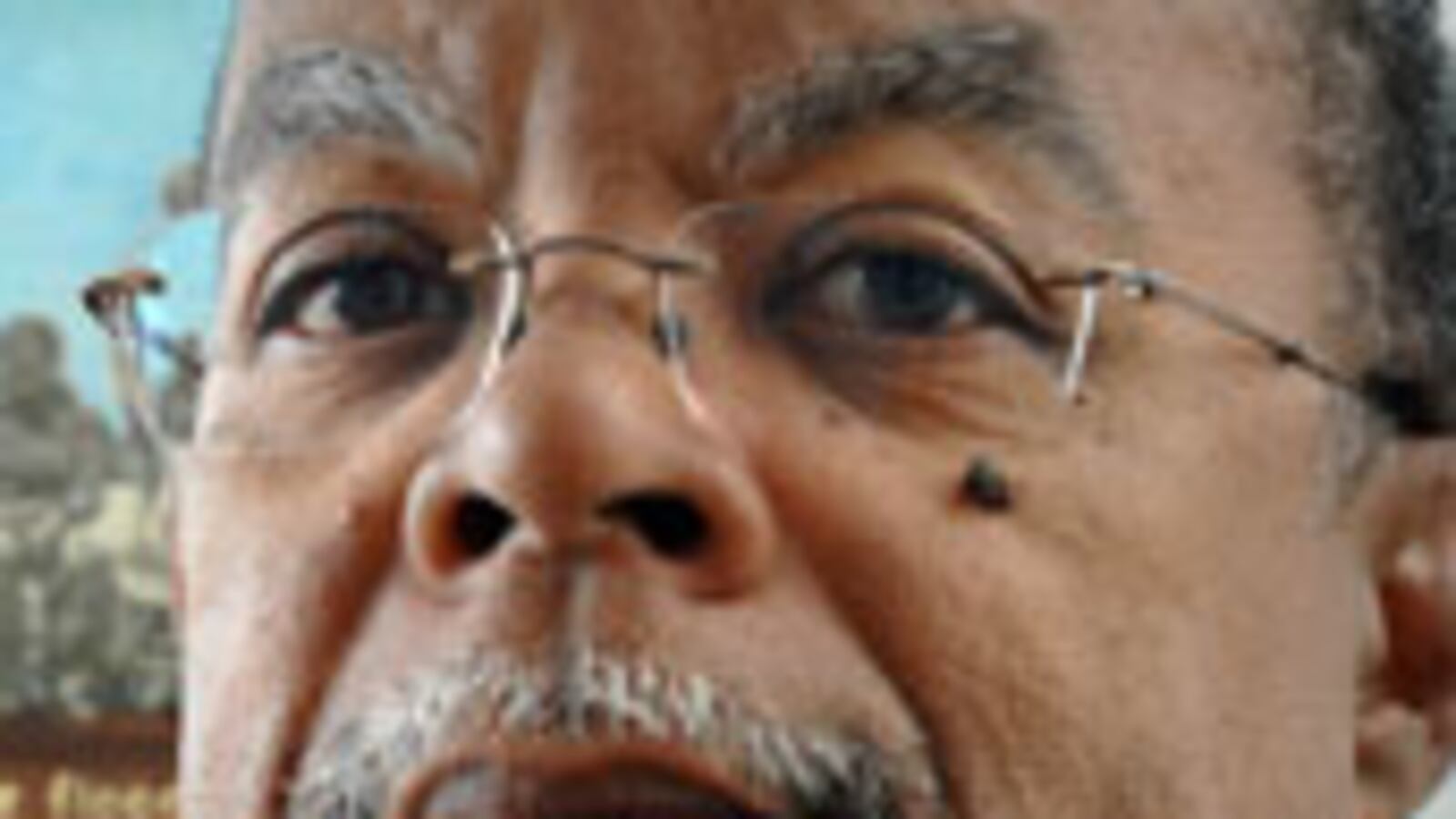
Let me start by admitting my own bias. I’m a huge fan of Professor Gates and have been for years. But after having been involved in the criminal justice system for the past 30 years, I can also safely say that it didn’t matter—I knew what had happened and why without reading the police reports: the police responded to a call from a white neighbor who reported seeing two black men “breaking in” to a house. The cops didn’t know what they had until they got there, and when they did, they found one very angry black man. It probably didn’t take them long to figure out he really lived there, but by then there’d been a lot of heat and noise, with Gates threatening to have their badges.
By that time, the officers were afraid NOT to arrest him, because after all the shouting, if there’s no arrest, it just looks like they harassed this guy for no reason. But with an arrest, they’ve got “coverage”—proof that they hadn’t done anything wrong, that they’d been confronted with a belligerent party who was so uncooperative, he had to be arrested. To me, this whole thing read as hind quarter covering that only made things worse—as coverups always do.
So why, after Gates showed his I.D., did the officer continue to engage with him? Was the officer just a badge-heavy jerk who had to prove he was the boss?
It’s possible, but I don’t think so. I think that when Gates picked up the phone and asked to speak to the chief about a racist police officer, the possibility of serious repercussions suddenly raised its head. Not because Gates had asked for the name of the chief—if he’s asking for the name, he’s obviously not in tight with the police brass. No, the question this incident raises is, if Gates had been white, would the cops have felt the need to cover themselves by making an arrest? Were they more worried than usual about any possible complaint Gates may have filed because he’s black?
If so, then all our efforts at racial sensitivity have managed to do is make us sensitive to how things look, rather than how they are. If the officer had kept his eye on the ball, i.e., to make sure Gates really lived there, the situation wouldn’t have escalated. Because regardless of what Gates threatened to do, once the officer saw his I.D., he would’ve left. “Have a nice day,” and close out the call. He wouldn’t have been looking for a way to justify the argument, or a way to show that Gates was at fault. And he wouldn’t have needed to run for “cover.”
Marcia Clark, the former L.A. district attorney who prosecuted the O.J. Simpson murder case, has since served a regular legal television commentator. She has written a bestselling book, Without a Doubt, served as a columnist for Justice Magazine and is finishing her debut crime novel.






